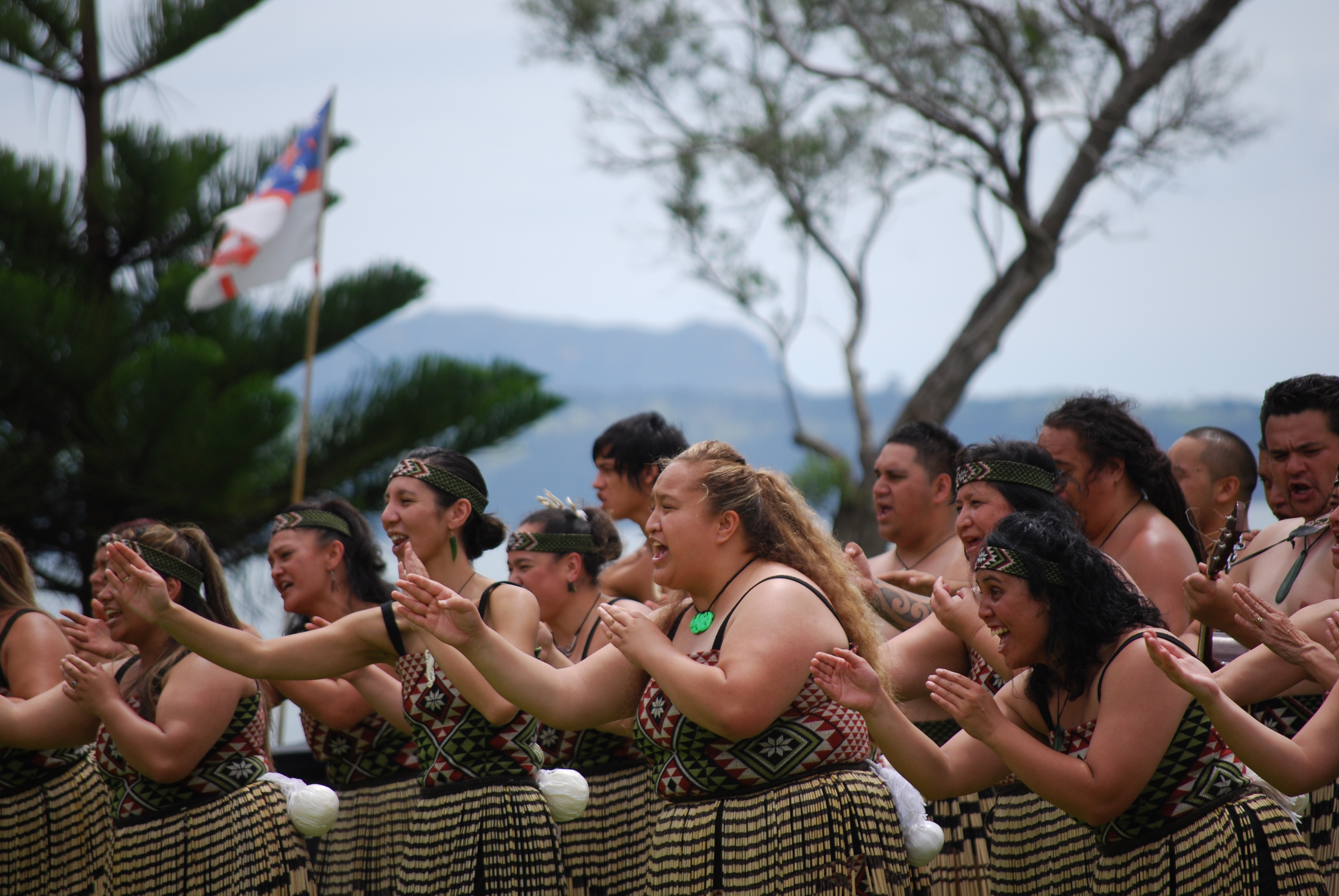This means that we study people's different worldviews, rituals, livelihoods, beliefs, social and political organisation, and how people's societies change and influence one another over time.
Characteristic of social anthropology is the ambition to put human diversity at the centre and not use the industrial western society as a norm.
At LiU, social anthropologists' research includes areas such as young people and identity, health, medical practice, gender, technology and science studies, socioeconomics and cultural heritage.
Despite globalisation processes, human societies demonstrate an enormous diversity in terms of the means of social, political and economic organisation and cultural and religious practices. We study this variation in all its complexity, in order to contribute to a broader understanding of what it is like to be human – what unites us as people and what makes us so different.


